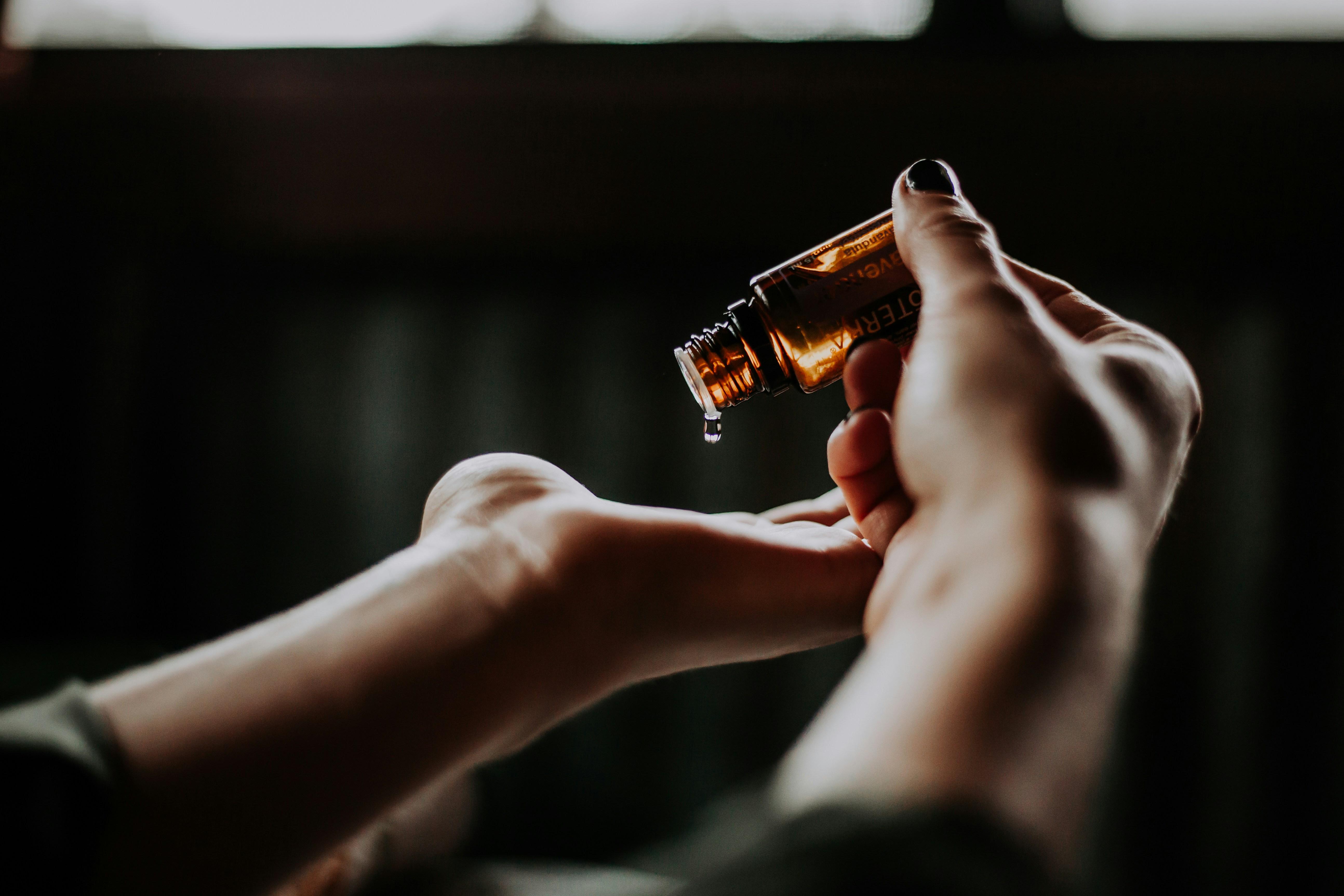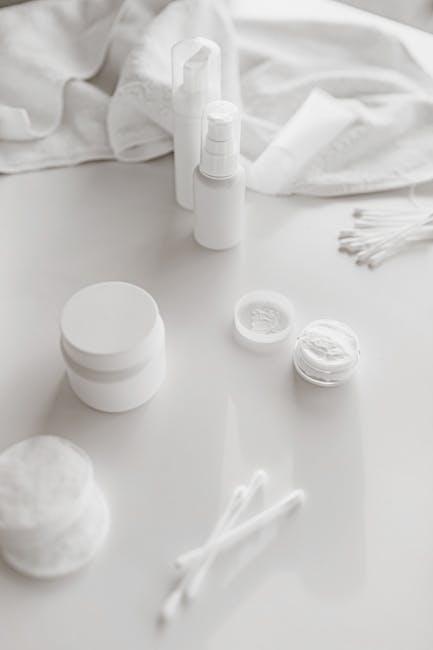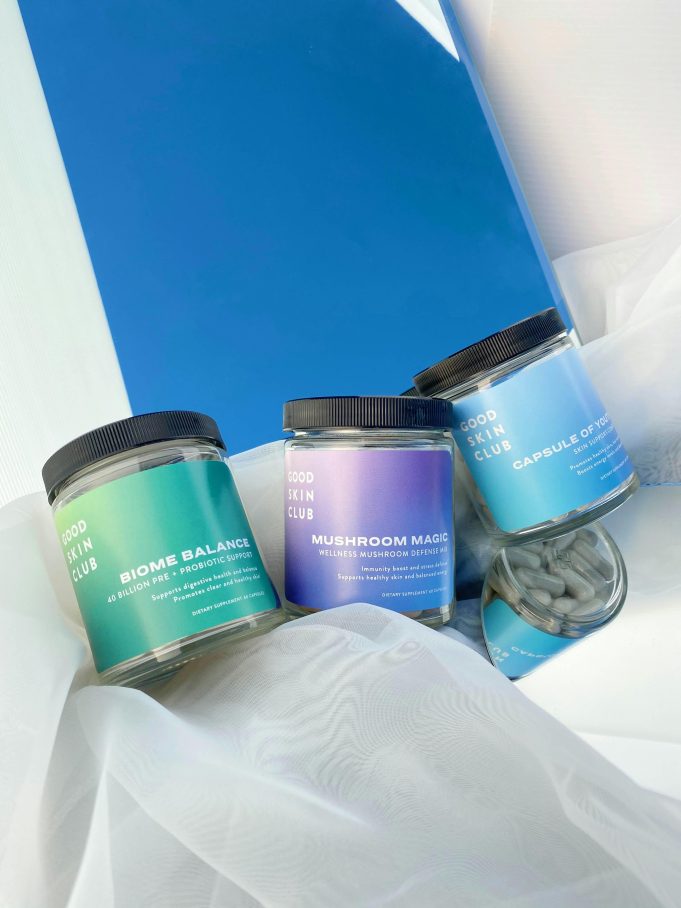In a world where beauty routines are as diverse as the individuals who follow them, the quest for flawless skin has led many down the aisles of topical serums, creams, and lotions. Yet, as the skincare landscape evolves, a new contender has emerged, promising to nourish the skin from the inside out: skincare supplements. These little capsules and powders claim to offer the same benefits as their topical counterparts, but with a twist—they work from within. As consumers become increasingly health-conscious and seek holistic approaches to beauty, the question arises: can skincare supplements truly replace topical products? This article delves into the science, effectiveness, and practicality of ingestible beauty solutions, exploring whether they can stand alone in the battle for radiant skin or if they are best used as allies to the tried-and-true topical treatments.
The Science Behind Skincare Supplements and Their Efficacy
While the allure of achieving radiant skin from within is enticing, understanding the intricate science of skincare supplements is essential. These supplements often contain a blend of vitamins, minerals, and antioxidants designed to support skin health from the inside out. Key ingredients typically include:
- Collagen Peptides: Believed to enhance skin elasticity and reduce wrinkles by replenishing collagen levels.
- Vitamin C: Known for its antioxidant properties, it aids in collagen synthesis and combats free radical damage.
- Omega-3 Fatty Acids: These essential fats may help reduce inflammation and support the skin’s barrier function.
Scientific studies indicate that while these nutrients can contribute to overall skin health, they might not completely replace the benefits provided by topical skincare products. Topical applications directly target the skin’s surface, addressing specific concerns like hydration, sun protection, and texture. Therefore, a balanced approach that combines both internal and external skincare could be the key to optimal skin health.
Understanding the Limitations of Topical Skincare Products
When it comes to achieving radiant skin, topical skincare products have long been the go-to solution for many. However, it’s essential to recognize their inherent limitations. While these products can be effective for surface-level concerns, such as hydration and exfoliation, their ability to penetrate deeper skin layers is often restricted. This limitation arises because the skin acts as a natural barrier, preventing many active ingredients from reaching the layers where they might exert the most profound effects.
Moreover, the efficacy of topical products can be influenced by several factors, including skin type, environmental conditions, and even the formulation of the product itself. Some of the challenges faced by topical skincare include:
- Barrier Protection: The skin’s outermost layer is designed to keep out external substances, which means only a fraction of the active ingredients in creams and serums may actually penetrate.
- Environmental Impact: External factors like pollution and UV exposure can degrade the effectiveness of topical products, sometimes rendering them less effective.
- Individual Variability: Different skin types and conditions can affect how a product works, leading to inconsistent results across different users.
While topical products remain a vital part of skincare routines, understanding their limitations highlights the potential benefits of incorporating additional strategies, such as skincare supplements, to achieve comprehensive skin health.

A Comparative Analysis: Supplements vs. Topicals in Skin Health
In the quest for radiant skin, the debate between supplements and topical products often takes center stage. Supplements aim to nourish the skin from within, offering a systemic approach to enhancing skin health. They are typically rich in vitamins, minerals, and antioxidants, such as Vitamin C, Vitamin E, and Omega-3 fatty acids. Proponents argue that these ingredients help combat oxidative stress, promote collagen production, and improve skin elasticity.
- Benefits of Supplements:
- Target overall health, potentially benefiting multiple bodily systems.
- May enhance skin quality by addressing deficiencies.
- Advantages of Topicals:
- Deliver active ingredients directly to the skin, offering immediate results.
- Can be tailored to address specific skin concerns, like acne or dryness.
On the other hand, topical products are designed to act directly on the skin’s surface, providing targeted treatment. Ingredients such as retinoids, hyaluronic acid, and peptides can offer visible improvements in texture and hydration. While supplements can bolster skin health from the inside, topicals offer precision and the ability to address immediate issues. Ultimately, the synergy of both approaches might offer the most comprehensive skincare strategy, bridging internal nourishment with external care.

Expert Recommendations on Integrating Supplements into Your Skincare Routine
When considering the integration of supplements into your skincare regimen, it’s essential to approach it with informed caution. Experts suggest focusing on a balanced combination of both topical products and dietary supplements to achieve optimal skin health. Supplements can offer benefits that topical products may not, such as enhancing your skin’s resilience from the inside out. However, they shouldn’t be viewed as a complete replacement for your current skincare staples. Instead, they can act as powerful allies, working in tandem with your creams, serums, and cleansers.
- Consult a dermatologist: Before adding any supplement to your routine, seek professional advice to ensure it aligns with your skin type and needs.
- Prioritize quality: Choose supplements that are well-researched and made by reputable brands to avoid any adverse reactions.
- Monitor your progress: Keep track of changes in your skin’s appearance and texture, and adjust your regimen accordingly.
- Maintain a balanced diet: Supplements are most effective when paired with a nutrient-rich diet that supports overall skin health.
In essence, while skincare supplements can complement your routine, they should be part of a holistic approach that includes both internal and external care strategies.






























